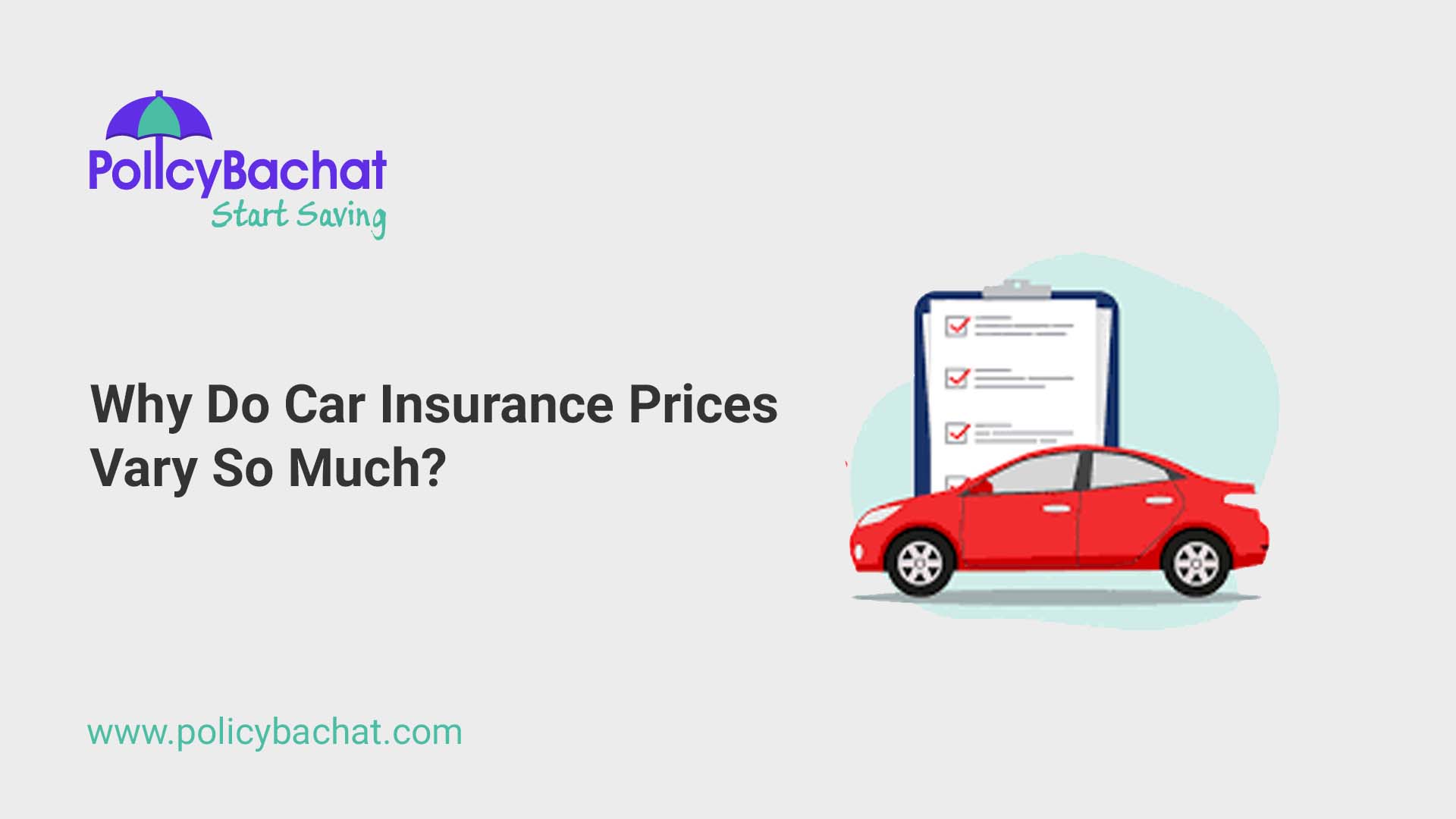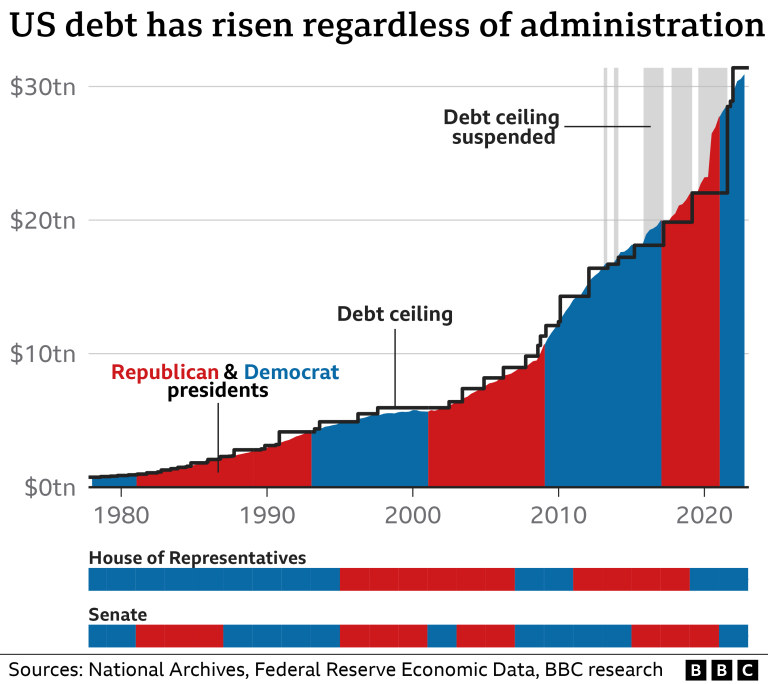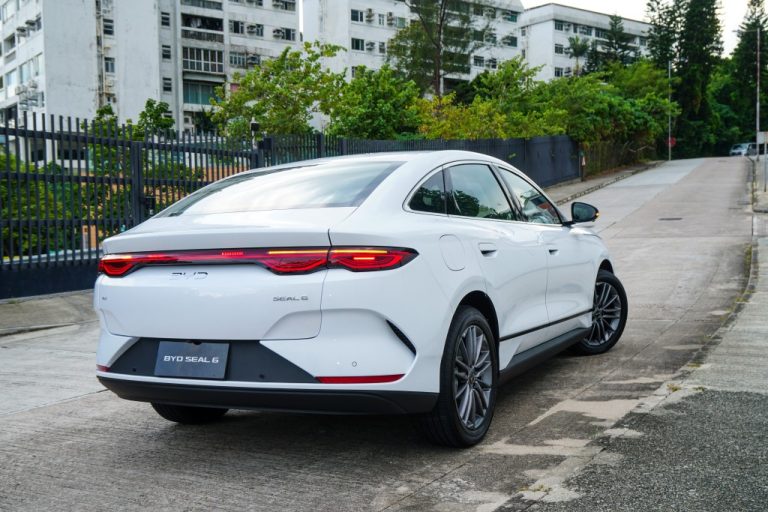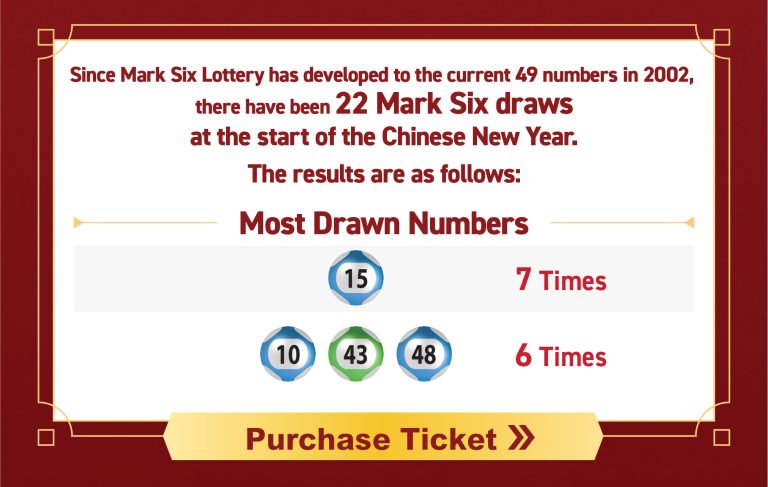
Introduction: The Puzzle of Varying Quotes
Have you ever gotten motor insurance quotes for the same car and driver, only to see prices that are wildly different? One insurer might charge $500 a year, while another wants $1,200. It’s confusing! Insurance pricing isn’t simple. Many factors play a role, and they go beyond just your car or driving skills. This article helps you understand why quotes vary so much. Our goal is to make these differences clear so you can make smart choices when picking insurance.
The Insurer’s Risk Assessment Algorithm: A Black Box of Data
Every insurance company uses its own secret formula, called an algorithm, to figure out how risky you are to insure. They look at lots of information about you and your car. This includes your driving history, like past accidents or tickets. They check your vehicle type—its make, model, age, safety features, and even how often it gets stolen. Your location matters too. Do you live in a place with high crime, heavy traffic, or bad weather? They also look at who you are: your age, gender, if you’re married, and even your job. Why? Because data shows some groups are more likely to have accidents. For example, young drivers often crash more than older ones. But here’s the key: each insurer decides how much each factor matters. One might care a lot about your age, while another focuses more on where you live. That’s why quotes differ.
Underwriting Philosophy and Target Market: Who Are They Trying to Insure?
Insurance companies don’t all think the same way. Each has its own rules, or “underwriting philosophy,” and they target different kinds of drivers. Some focus on high-risk drivers, like those with bad records, and charge higher prices to cover the risk. Others aim for low-risk drivers, like older, experienced ones, and offer lower rates to them. For example, a company that targets young drivers might charge more overall but give discounts for good grades or safe driving apps. A company for older drivers might give better deals to people over 50. Their pricing matches who they want as customers, and that changes the quotes you get.
Operational Costs and Business Models: The Hidden Expenses
Running an insurance company costs money, and those costs affect your quote. Things like advertising, handling claims, paying staff, and using technology all add up. These costs vary between companies. Some insurers sell directly online or by phone, which saves money on offices and agents. Others have big networks of agents, which costs more, so they might charge higher premiums. Also, companies buy “reinsurance” to protect themselves from huge losses, and that price differs. Plus, they need to keep extra money on hand for emergencies, which can raise costs. All these behind-the-scenes expenses help explain why quotes aren’t the same.
Claims History and Loss Ratios: The Impact of Past Performance
An insurer’s past affects its prices today. They track their “loss ratio,” which is how much they pay out in claims compared to the money they get from premiums. If they paid out a lot recently—say, for car crashes in your area or for a certain type of car—they might raise prices to make up for it. For example, if many trucks they insured had accidents last year, they could charge more for truck drivers now. This changes over time, so an insurer with high claims one year might adjust prices the next. Their history shapes your quote.
Competitive Landscape and Market Strategy: Playing the Pricing Game
Where you live affects how insurers set prices. If many companies compete in your area, some might lower prices to win customers. If one insurer is the biggest in town, they might charge more because they can. They also use tricks like special offers, low starting rates, or discounts if you buy other insurance from them, like home coverage. Online comparison websites make prices easier to see, but they also push companies to fight harder with their rates. This competition changes quotes from one insurer to another.
Discount Structures and Eligibility: Not All Discounts Are Created Equal
Insurers offer discounts, but they’re not the same everywhere. You might know about common ones, like for being a safe driver or insuring more than one car. But there are others, like discounts for your job, driving fewer miles, having a car with high-tech safety features, or using a device that tracks how you drive. Each company decides who gets these discounts and how much they’re worth. One insurer might give a big discount for safe driving, while another gives almost nothing. These differences add up and change your final quote.
Regulatory Environment and State-Specific Factors: The Rules of the Road
Laws in your state play a big role in insurance prices. Each state has rules about what coverage you must have, how companies set rates, and how they protect customers. Some states require extra coverage, like for drivers who don’t have insurance. Others have “no-fault” systems, where your insurer pays for damages no matter who caused the crash. These rules can make insurance cost more or less. Since laws differ by state, quotes vary depending on where you live.
The Role of Data Analytics and Technology: The Future of Pricing
Insurance companies now use high-tech tools to set prices. They use data analytics, artificial intelligence, and machine learning to study risk better. Some even use devices or apps to track how you drive in real time. If you drive safely, you might pay less. This is called usage-based insurance. But there are concerns. These tools might not always be fair and could have bias. Still, technology is changing how quotes are made, making them more personal but also more different between companies.
Conclusion: Navigating the Quote Maze
Motor insurance quotes vary for many reasons: how companies judge risk, who they target, their costs, past claims, competition, discounts, state laws, and new technology. To get the best deal, shop around and compare lots of quotes. Ask questions about discounts and what’s covered. Think about using an independent agent who can check multiple companies for you. Remember, the cheapest price isn’t always the best. Make sure you have enough coverage to protect yourself. With this knowledge, you can pick the right insurance for your needs.












